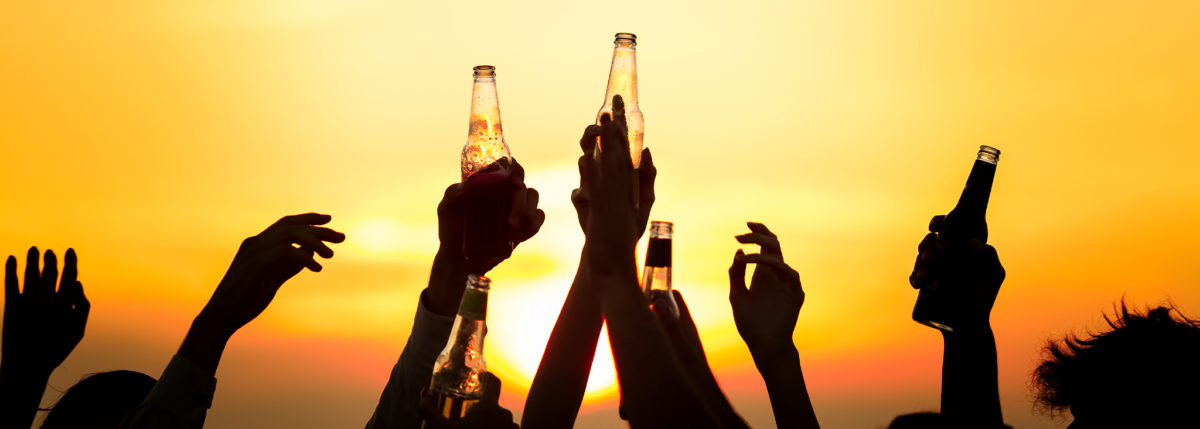How to Adjust your Basal Rate While Drinking
Editor’s Note: This content has been verified by Marina Basina, MD, a clinical associate professor at Stanford University. She’s a clinical endocrinologist and researcher with a focus on diabetes management and diabetes technology. Dr. Basina is an active member of multiple medical advisory boards and community diabetes organizations, and she is on the Beyond Type 1 Science Advisory Council.
When you’re drinking alcohol with diabetes, you’re at risk of an alcohol-induced hypo. This is because your liver isn’t focused on keeping your blood glucose levels (BGLs) stable like it’s supposed to do. Instead, your liver focuses on breaking down the alcohol in your system. When your liver is not available to keep your BGLs in check, you are at risk of an alcohol-induced hypo. One of the ways to compensate for this is to adjust your basal rate while drinking.
Read a more in depth explanation on how drinking can affect your BGLs.
What is a basal rate?
If you use an insulin pump, your basal rate determines how much basal insulin you pump injects into your system. This is intended to keep your glucose rate in a safe range throughout the day. Different people may have different basal rates, and people have different basal rates on different days and different basal rates at different times of the day. If you use an insulin pump with basal insulin, you should already know your optimal basal rate(s) and have talked to your doctor about this.
Why can adjusting my basal rate help me when I’m drinking?
Because your liver is not efficiently converting glycogen into glucose when you have alcohol in your system, chances are there is less glucose in your bloodstream and you have lower BGLs. This means that your body either needs more added glucose (quick carbs) or less insulin than usual. There are a couple of different ways to account for this problem, such as having a snack before or during drinking (check out here for more ways to stay safe while drinking alcohol with diabetes). If you take basal insulin, talk to your doctor about adjusting your basal dose when you are drinking. They might tell you to lower your basal rate before a night out to counter the lower blood sugar caused by alcohol but you should not stop basal insulin completely. Insulin requirements may go down further if you have been physically active on the day or night of drinking (think: dancing) which puts you at an even higher risk of low blood sugars that night.
Return to Beyond Type 1’s Alcohol and Diabetes Guide.





